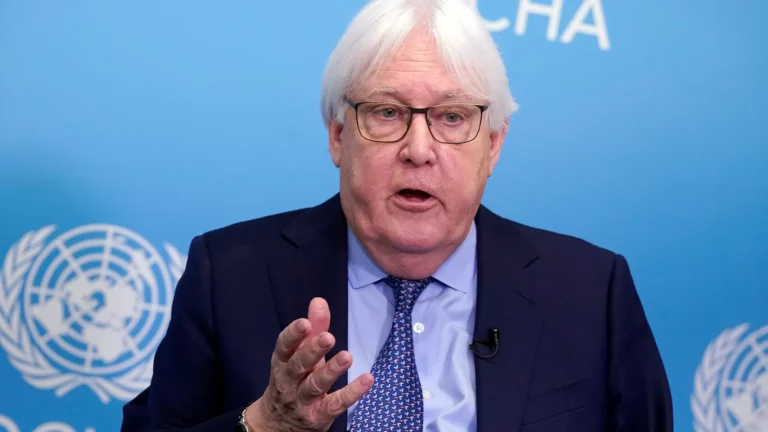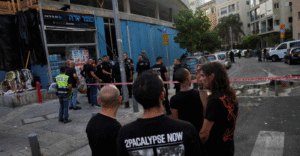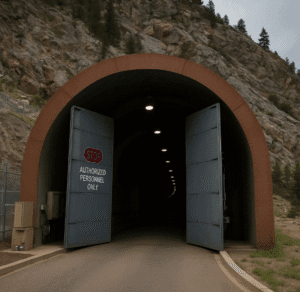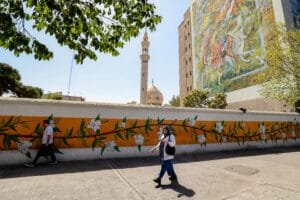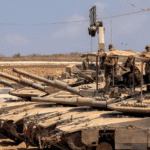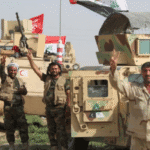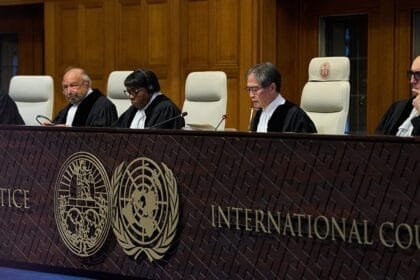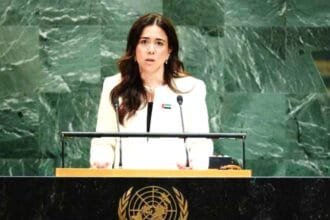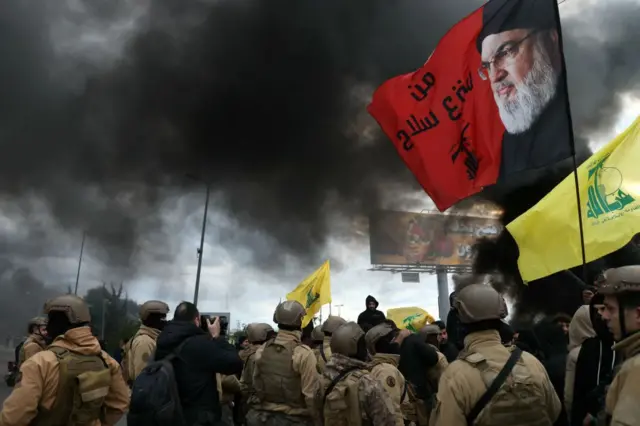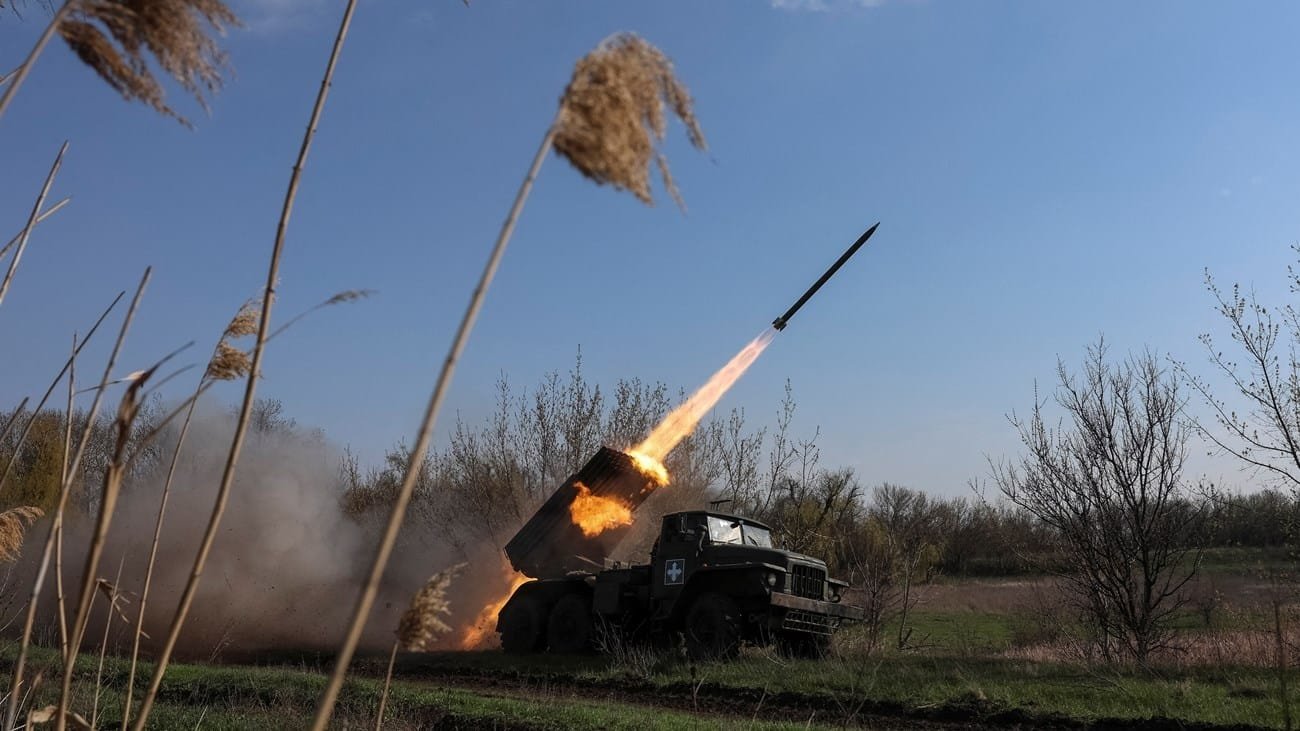Palestine, Gaza, Agencies, Voice of the Emirates – Amidst the rubble of buildings and the sound of continuous bombing, Gaza is experiencing one of the worst humanitarian disasters in its modern history. With infrastructure collapsing and food, medicine, and water shortages looming, the United Nations has announced the allocation of $20 million from its Central Emergency Fund (CERF) to support urgent relief operations in the Strip.
The decision comes at a critical time. With the ongoing blockade and the declining ability of humanitarian agencies to reach those in need, most areas of the Gaza Strip are without electricity, fuel, or potable water.
UN: The situation cannot be postponed
Martin Griffiths, UN Under-Secretary-General for Humanitarian Affairs, said what is happening in Gaza is “a catastrophe beyond description.” He added that this funding aims to prevent the complete collapse of basic services. It will also support medical and relief efforts operating in extremely harsh conditions.
He stressed that the aid will be directed to providing food, water, shelter, and urgent healthcare, particularly for children, women, and the elderly. He noted that the United Nations is “operating with minimal resources due to restrictions on aid entry.”
Urgent appeal to donor countries
The UN official urged the international community to immediately increase humanitarian funding for Gaza, explaining that the current amount “is only the first step in confronting a humanitarian crisis that is worsening by the hour.” He added that the United Nations is monitoring the situation in coordination with its regional partners and is working to establish safe humanitarian corridors to deliver supplies to the northern Gaza Strip, where the situation is dangerously deteriorating.
From the field: needs exceed capabilities
UN reports indicate that approximately 2.3 million Palestinians in Gaza are living in inhumane conditions. More than half of the population has been forcibly displaced due to bombing or the destruction of their homes. Medical organizations estimate that 80% of hospitals are operating at less than half capacity. Shelters suffer from severe overcrowding and lack even the most basic services.
Rescue funding… but not enough
The $20 million represents an urgent relief package, but it covers only a fraction of the estimated needs. These needs exceed $1 billion per month, according to estimates by the Office for the Coordination of Humanitarian Affairs (OCHA). Observers believe that the funding, while symbolic, carries a political and moral message: that the world has not completely turned its back on Gaza, and that the voice of humanity is still finding its way through the rubble of war.
A message of hope in a time of bloodshed
Amid this bleak landscape, the UN resolution remains a small window of hope. It affirms that humanitarian aid is the last line of defense for human dignity in Gaza. While politics circulate, the lives of civilians remain the heaviest price to pay. What is required today—before any statements or resolutions—is a ceasefire. Safe corridors must be opened to rescue a people exhausted by war, hunger, and abandonment.




